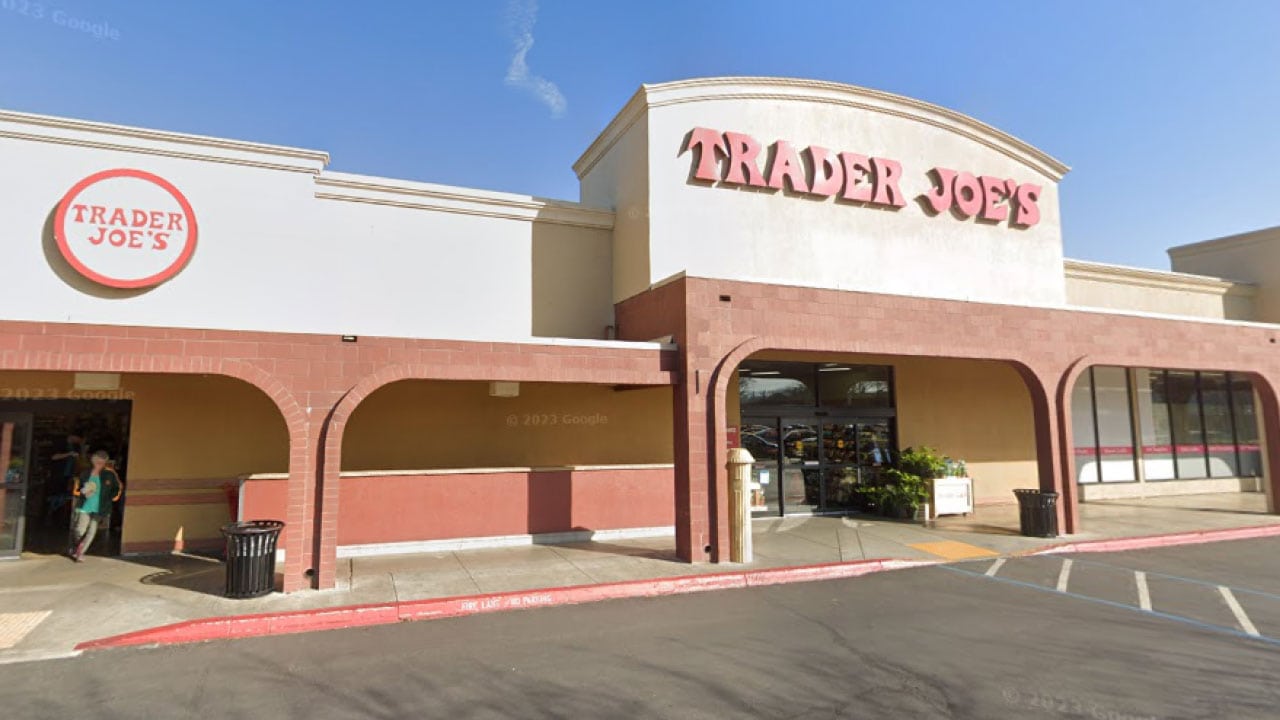Amazon.com, SpaceX, and Trader Joe’s have lodged complaints against the U.S. labor agency’s internal enforcement procedures, alleging violations of the U.S. Constitution. In a filing with the National Labor Relations Board (NLRB), Amazon contends that the agency’s distinctive framework infringes upon its right to a jury trial.
It specifically challenges restrictions on the removal of administrative judges and the composition of the five-member board, appointed by the president.
These objections arise amid multiple cases against Amazon, including accusations of unlawful retaliation against workers at a Staten Island warehouse following a unionization vote in 2022. With over 250 NLRB complaints nationwide in recent years, Amazon has consistently denied any wrongdoing.
SpaceX filed a similar lawsuit last month, promptly after the NLRB accused it of terminating eight engineers for criticizing CEO Elon Musk. Trader Joe’s echoed these assertions in January, while two Starbucks baristas are contesting the board’s structure in separate lawsuits.
The NLRB, responsible for enforcing federal labor law, initiates proceedings against employers for alleged violations, with cases initially heard by administrative judges before reaching the five-member board.
The growing number of challenges suggests a potential escalation to the U.S. Supreme Court, particularly given its conservative majority’s precedent of skepticism towards other agency proceedings.

Seth Goldstein, representing unions in the Amazon and Trader Joe’s cases, predicts ramifications for collective bargaining if courts curtail the NLRB’s enforcement authority. He anticipates increased employer resistance to union negotiations, potentially undermining union rights and labor relations.
Goldstein, a partner at Julien Mirer Singla and Goldstein in New York, expresses grave concerns over the potential disruption to collective bargaining practices. The outcome of these legal battles could profoundly impact both emerging and established unions, shaping the landscape of labor rights and employer-union interactions in the future.





